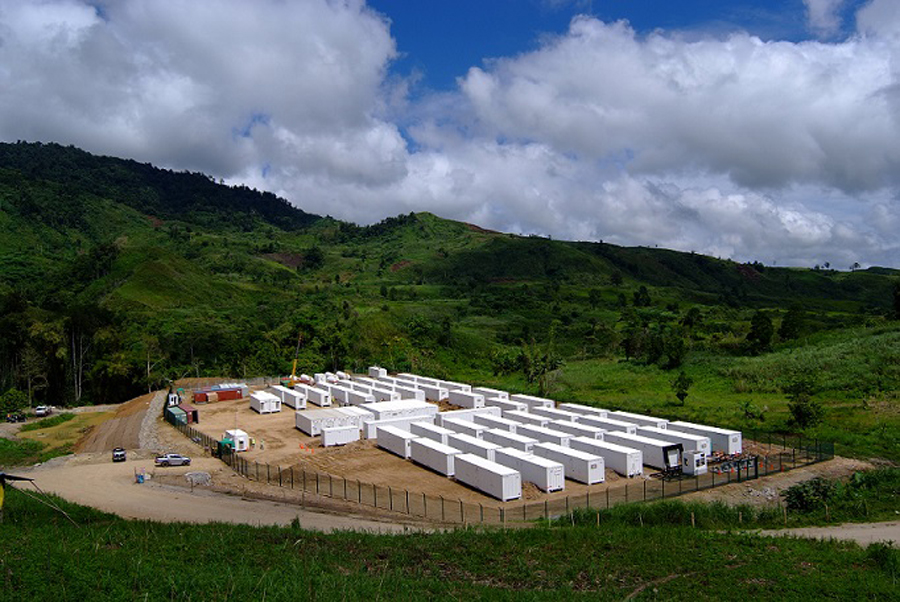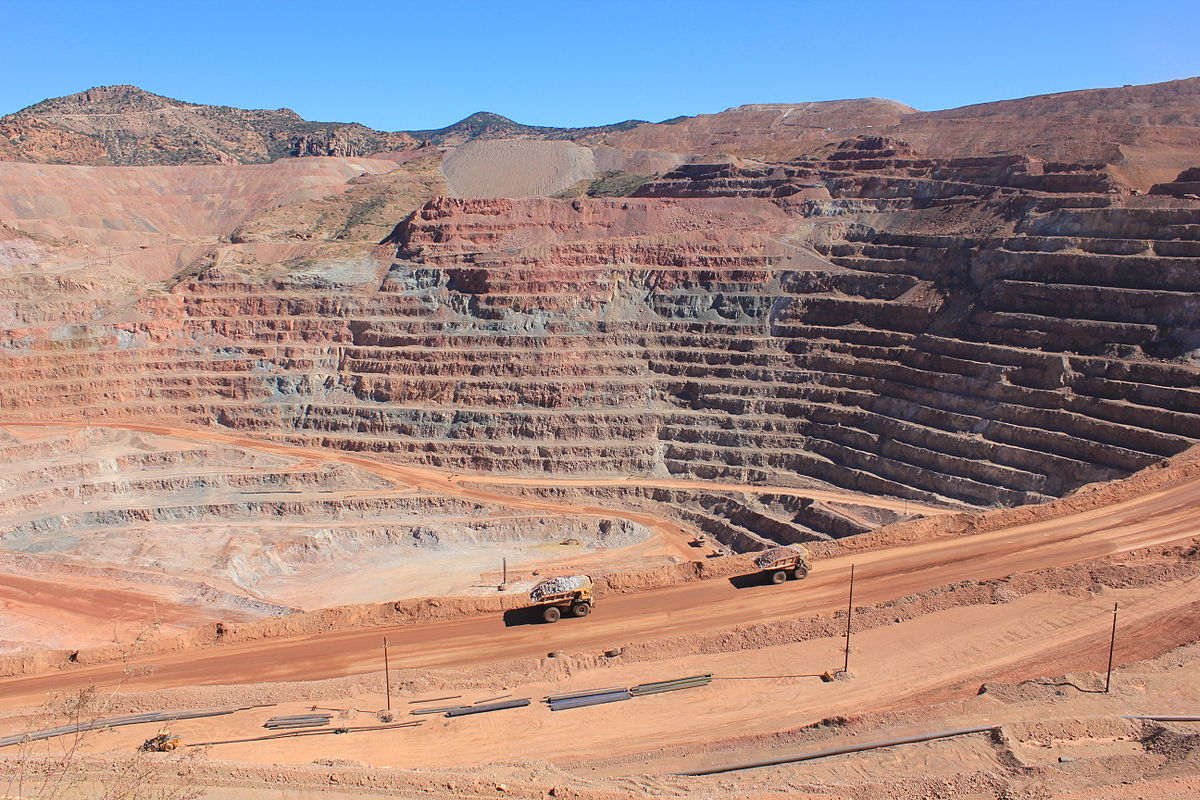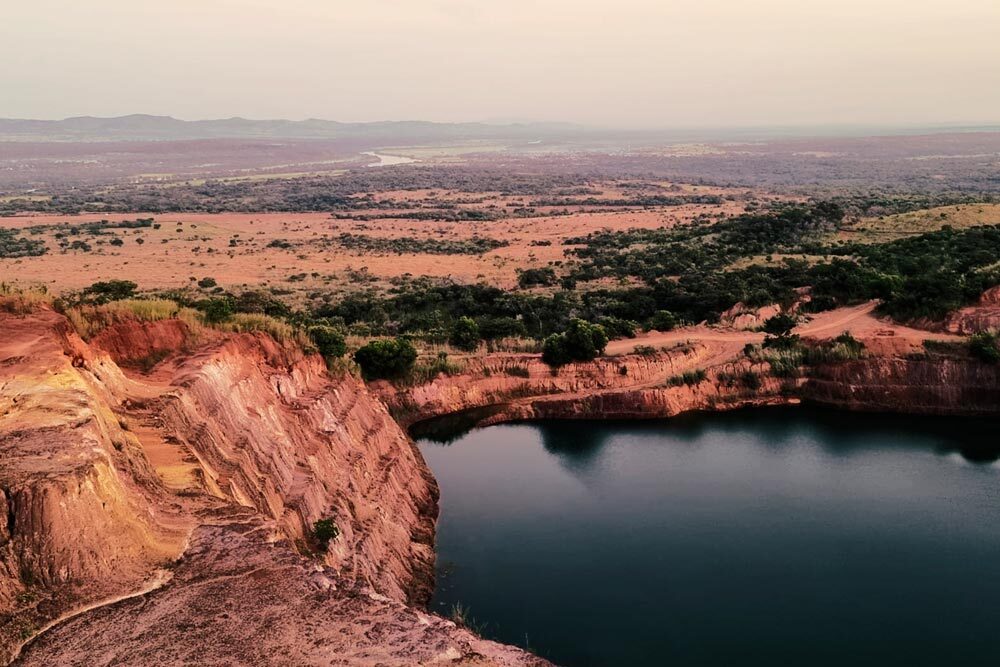Philippine miners call for end of ban on big new projects

MANILA, June 27 (Reuters) – Philippine miners are urging the government to lift a six-year ban on new large-scale mining projects in the world’s No. 2 nickel ore supplier after the state removed restrictions on fresh smaller ventures.
The Department of Environment and Natural Resources said in a memorandum dated June 18, but not widely flagged, that a moratorium on government approvals for mining developments would no longer apply to smaller projects.
Mining is a deeply contentious issue in the resource-rich Southeast Asian nation after past examples of environmental breaches, with only 3 percent of 9 million hectares identified by the state as having high mineral reserves being mined.
“There should be no distinction between large-scale and small-scale mining because their impact on the environment is the same,” said Ronald Recidoro, executive director at the Chamber of Mines of the Philippines, which groups the country’s big miners.
“The wisdom (behind) the lifting of the ban on small-scale mining should also apply to large-scale.”
Former Environment and Natural Resources Secretary Regina Lopez in July 2016 reinforced the moratorium that had been in place for four years, part of her crackdown on the mining sector.
Lopez, who has since been replaced by former military general Roy Cimatu, reiterated her stance in the wake of the environment ministry’s partial reversal of her previous order.
“The practical and wise choice would be to protect and nurture what we have instead of allowing extractive activities which benefit a few and jeopardizes the future of generations to come,” Lopez said in a text message to Reuters on Wednesday.
Small-scale miners in the Philippines mostly dig for gold, silver and chromite, which is commonly used to help make stainless steel. There is no official production data.
GOING LEGIT?
When asked about the decision to remove the moratorium for smaller mining projects, Wilfredo Moncano, head of the Mines and Geosciences Bureau, told Reuters the step would help “ordinary people” and that it was in line with President Rodrigo Duterte’s thinking.
“There is a need to correct historical injustices because ordinary people, especially indigenous people, should also benefit from the mineral resources of the country, not only big businesses,” he said.
The government estimates that 60-70 percent of small-scale miners in the country operate illegally, causing environmental damage.
“There may be environmental violations, but these will be reduced because they are now legitimate mining operators and have obligations to comply unlike before. So legalizing them is the better option.”
The order removing the ban on approvals for smaller projects, signed by Cimatu, was in a section of the environment department’s website that is not commonly visited. Most miners were unaware of the change until they were contacted by Reuters for comment.
The government should similarly lift the moratorium on approving new big-scale mines, said Dante Bravo, president of Global Ferronickel Holdings Inc, the nation’s second-largest nickel ore producer.
“Given current economic conditions, I think we’d better encourage exports and the mining industry can help a lot,” said Bravo.
Environment Undersecretary Analiza Teh said “lifting of the moratorium on large-scale (mining) would require review of open pit mining”.
Duterte has rejected calls to reverse a ban on open pit mining which Lopez also implemented during her 10-month tenure. And after last year’s clampdown, the government has been looking at fresh curbs to limit environmental harm, with plans to cap the amount of land that miners can develop at any one time.
(Reporting by Manolo Serapio Jr. and Enrico dela Cruz; Editing by Joseph Radford)
More News
An American mine still has millions of tons of copper, if companies can get to it
Freeport is trying to develop technology that can burrow within those gigantic waste piles at Morenci and extract low-grade copper that miners previously saw as too expensive.
April 02, 2025 | 10:05 am
Robex on track for first gold from Guinea in Q4
Production for 2026 is expected to reach 155,000 oz., the company said.
April 02, 2025 | 09:16 am
{{ commodity.name }}
{{ post.title }}
{{ post.excerpt }}
{{ post.date }}



Comments